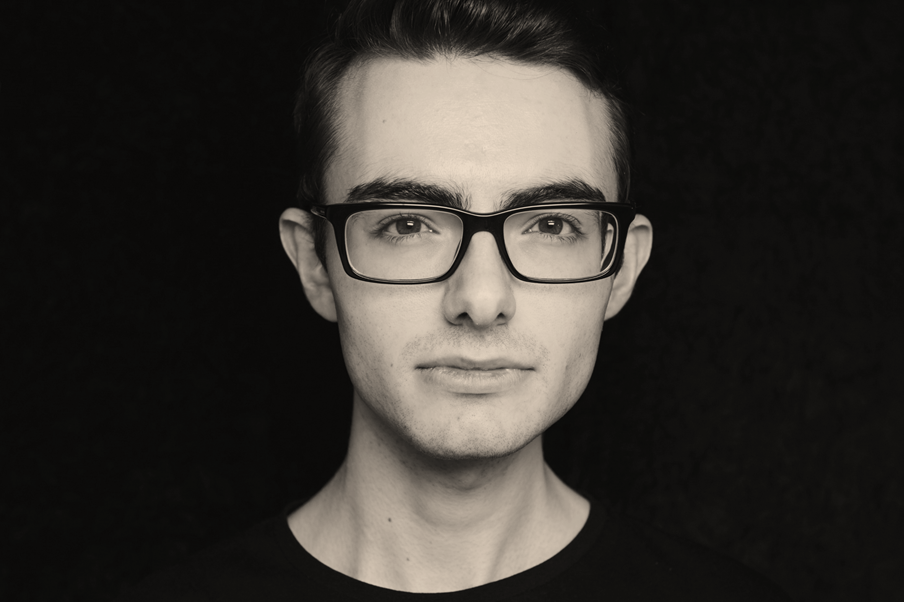Comment | Why gay men need straight friends too
Freelancer Hadley Stewart urges gay men to be open to experience of straight people
By Steve Brown

Words: Hadley Stewart
We often hear that straight people need educating about what’s going on in the LGBT community. There’s a constant narrative about what we can do to widen our heteronormative society’s view of what it means to be gay, bi or trans today.
We march in Pride parades, write articles and talk on the TV to heighten awareness about issues that are close to our hearts.
But has this relationship between the LGBT community and wider society become too much of a one-way street? I think there’s also something to be said for LGBT people being open to the experiences of straight people, and that starts by making more straight friends.
When you walk into a room for the first time, be it during your first day at work or at a party, you instantly look for people who mirror your interests or experiences.
It’s only natural that we’re drawn to people who are similar to us – having something in common allows us to bridge ourselves with others.
For LGBT people, walking into a space for the first time can be a daunting experience, especially if we’ve been through rejection and discrimination during our lives.
So perhaps it’s unsurprising that we’re drawn to those who share a common identity, because they’re more readily equipped to empathise with our experiences.
As somebody who was bullied at school, I think there’s always something at the back of my mind telling me to be careful when meeting new people or entering a new environment.
If you’ve spent a prolonged period of time being told that you’re different or wrong, then that’s bound to have some impact on you later on in life.
I attended a boys’ school, so the likelihood was that I’d make straight male friends. It’s thanks to them and the straight friends I have today that I’m able to brush aside this notion that straight men have nothing to teach us.
I think it’s lazy to simply put straight men in the homophobic pile, because the truth is most of them aren’t homophobic.
They may not always get it right when it comes to discussing LGBT topics, yet that doesn’t mean they’re not open to learning and empathy.
Perhaps we too could share a similar level of understanding for them, by opening our minds to finding out more about how they view the world and the challenges they may have faced.
Straight men are wading their way through so-called gender norms, just like we are. Am I saying straight men are having a tougher time than LGBT people? Of course not.
Although, I don’t think it should be some sort of competition. There’s no getting away from the fact that straight men are automatically born with privilege when compared with other groups in society, but that doesn’t mean they’re not also attempting to navigate social pressures around gender.
Toxic masculinity is something that is often voiced when discussing men’s mental health. I know from straight male friends who have been through challenges with their mental health, that societal norms dictating gender are one of the main factors for them to have not sought support earlier.
However, it’s not just mental health that gets a bashing from masculinity. Feeling pressured into going down a certain ‘acceptable’ career path can also be something that straight men might feel.
Another friend of mine spoke to me about his regret of choosing his career, having swerved away from his ‘dream’ job in favour of a more male-dominated workplace.
Our relationship with straight men needs to continue in the form of a discussion, rather than a monologue about all the things they need to do for the LGBT community.
I think the popularity of the podcast, A Gay and A NonGay, has accelerated this notion that we need to be having more discussions about how the LGBT community and wider society view different things, with friendships being an ideal way to explore this.
Only then can we truly begin to see a shift in attitudes around equality and inclusivity for everyone in society, irrespective of their sexuality or gender identity.
